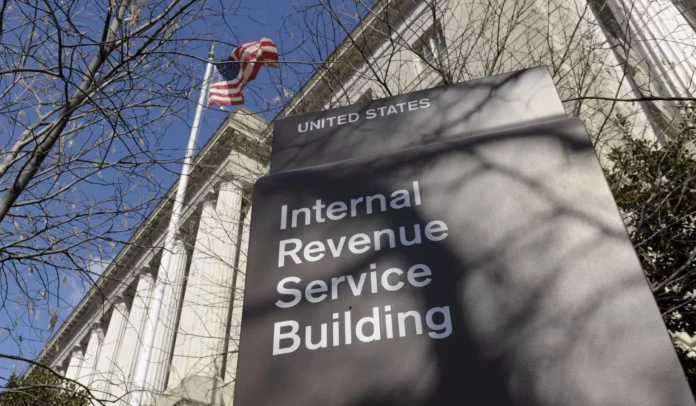The Internal Revenue Service (IRS) provided much-needed clarity on Tuesday, confirming that semiconductor projects funded under the U.S. Commerce Department’s CHIPS incentives program are eligible to claim the advanced manufacturing tax credit. This tax credit, part of the 2022 Creating Helpful Incentives to Produce Semiconductors and Science (CHIPS) Act, could provide a significant financial boost to semiconductor companies involved in manufacturing facility construction.
CHIPS Tax Credit Explained: A Game-Changer for Manufacturers
The advanced manufacturing tax credit, set at 25% of the qualified investment for building an advanced semiconductor manufacturing facility, is designed to reduce the cost of developing such properties. The tax credit applies to capital expenditures, offering companies a chance to recoup a portion of their investment in manufacturing infrastructure, as outlined by the IRS.
However, the IRS also made a key distinction regarding the funds provided by the Commerce Department through the CHIPS program. These payments, while substantial, are not considered compensation for the entire cost of the project. In fact, the guidance notes that the award amount rarely covers the full expenses, let alone provides any return on investment for the taxpayer.
IRS Guidance: CHIPS Payments Don’t Qualify as Long-Term Contracts
According to the IRS guidance, the payments from the Commerce Department to the project owners do not meet the criteria of long-term contracts under Section 460 of the Internal Revenue Code (IRC), which pertains to the accounting for contract costs and revenue. These payments are typically secured through agreements between the Commerce Department and the project owner, but they do not directly offset the full construction costs of the facilities.



